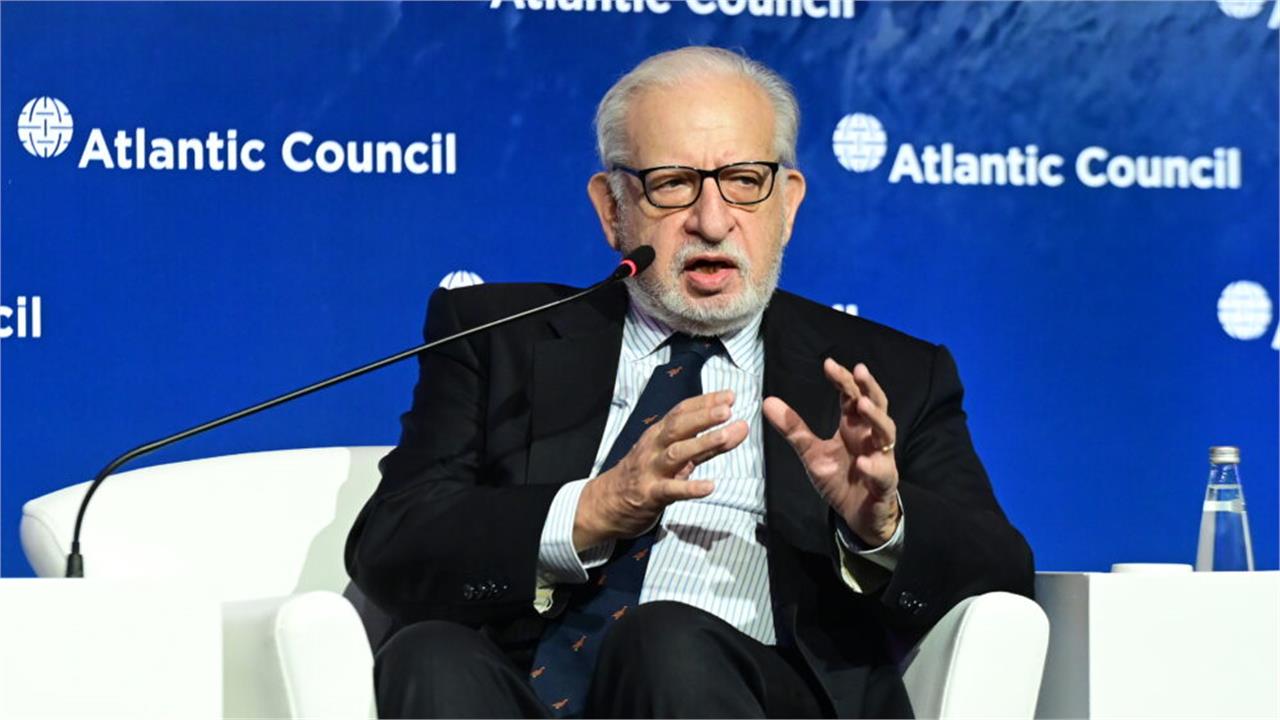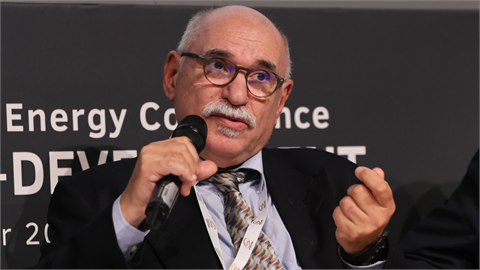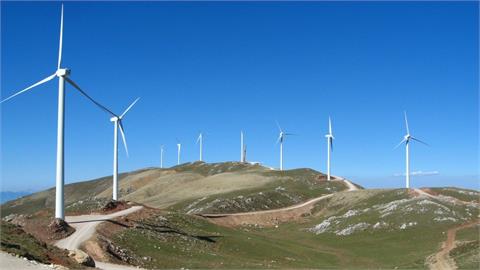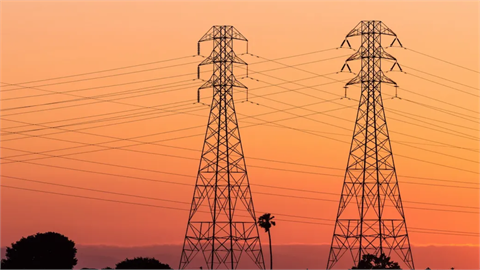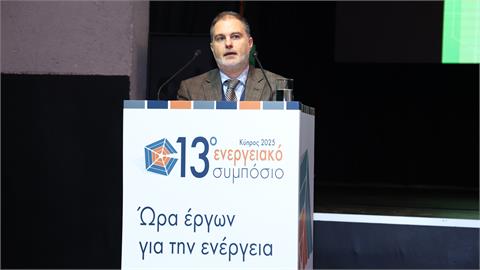Atlantic Council’s major regional conference on Clean and Secure Energy was successfully held in Istanbul on October 9-10. Following an invitation by the organisers the Chairman and Executive Director of IENE, Mr.Costis Stambolis, participated and contributed in the panel which dealt with “ Enhancing Turkiye-Greece relations and energy cooperation”.
Atlantic Council’s major regional conference on Clean and Secure Energy was successfully held in Istanbul on October 9-10. Following an invitation by the organisers the Chairman and Executive Director of IENE, Mr.Costis Stambolis, participated and contributed in the panel which dealt with “ Enhancing Turkiye-Greece relations and energy cooperation”. The invitation came on the heels of the well attended “Greek-Turkish Energy Forum” which the Institute convened in Istanbul on April 25,2024. (link)
The panel which was expertly moderated by Grady Wilson,Deputy Director, Turkey Programme, Atlantic Council, hosted a number of distinguished panels including Prof Tsarouhas,Head EU Projetcs & Partnerships and Turkey Research Program Director at Virginia Tech, Ms.Gurlu Gezer, Program Director, Foreign Policy Programe, The Economic Policy Research Foundation of Turkiye (TEPAV) and Mehmet Ogutcu, President of the London Energy Club and well known energy expert. The discussion focused on areas of existing and potential cooperation in the energy sector between Greece and Turkiye and considerable part of the discussion was devoted on Turkiye’s plans and strategy in joining the EU. Most panelists agreed that Turkiye ‘s path towards integration with the EU, if this was to be pursued more strongly, could help smooth a number of currently contentious issues such as the delineation of sea zones. In this respect Costis Stambolis noted that Greece since the early 2000’s has lifted all reservations and is a strong supporter of Turkiye’s EU candidature.
In his opening remarks the Chairman of IENE stressed the fact that Greece and Turkiye are already cooperating in a number of areas in energy especially in electricity and renewables. Gas is another area of common interest as Greece has been importing gas from Turkiye since the Greek-Turkish Interconnector was completed in 2007. Greece is also importing Russia and Azeri gas trough pipelines which cross Turkiye.As LNG imports are gradually growing in both Greece and Turkiy with new FSRU facilities being acquired by both countries, the Chairman of IENE observed that there could be ground for closer cooperation. For this to happen though,Stambolis pointed, out the European Aquis has to be adopted by Turkiye in gas trading, including imports and exports. Unlike the electricity sector, which is fully liberalised in terms of internal market and imports-exports, the situation is not so in the case of natural gas where only the domestic market is fully liberalised.
In the panel discussion there seemed to be consensus that the friendship and cooperation agreement that was signed between President Tayip Erdogan and Prime Minister Mitsotakis last December,known as the Athens Declaration, has helped pave the way for political rapprochement. However, this has not yet been translated into concrete steps, much needed in order to improve cooperation in specific areas such as energy. The panelists agreed that a lot more effort will be required to start delivering actual benefits to both countries,
